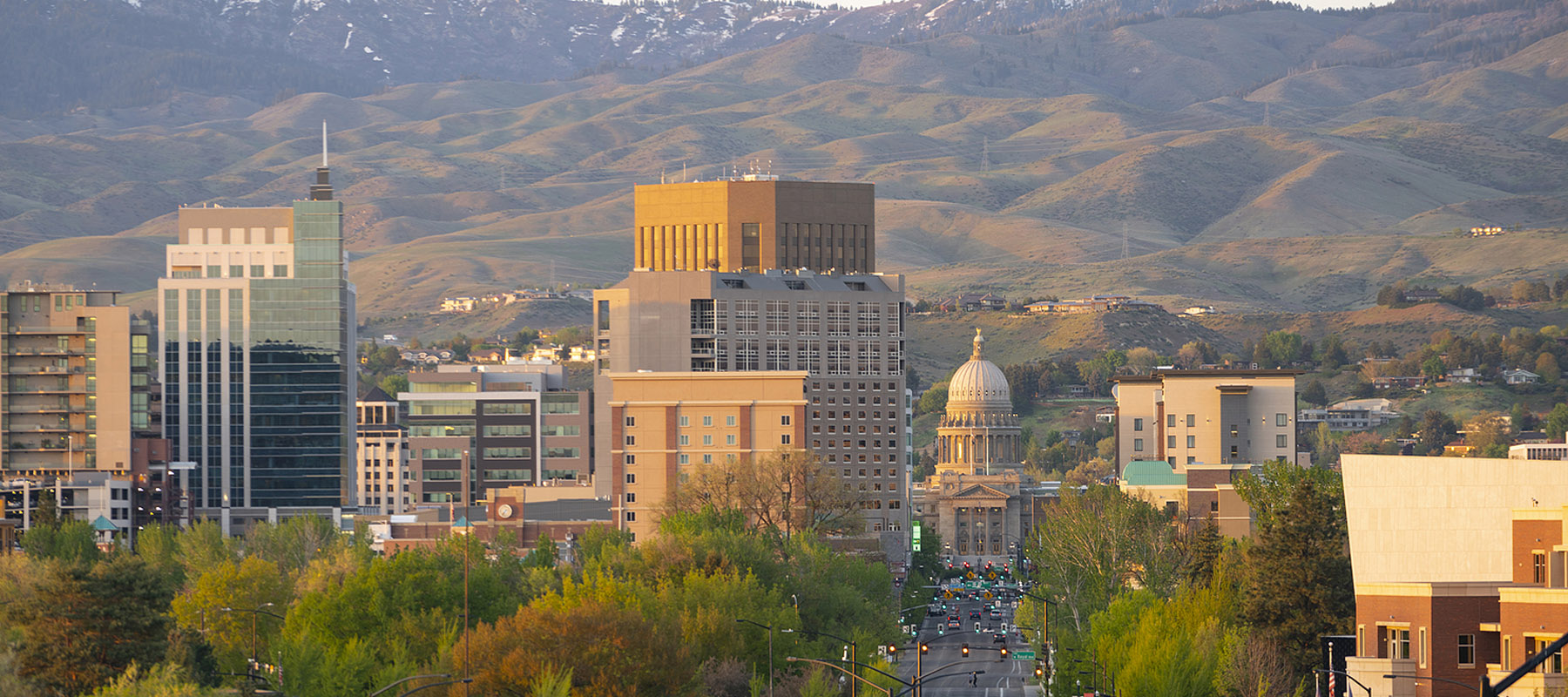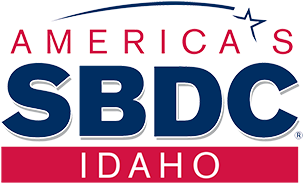Water
State and federal water regulations may apply to your business if you have waste water.
- Idaho DEQ Water Quality resources
- Discharging to a city sewer system. Contact your municipality’s public works department.
If your business engages in activities that are exposed to precipitation and may pollute stormwater runoff, you may need stormwater permits.
The Idaho SBDC helped develop Idaho Construction Site Erosion & Sediment Control Field Guides. To order a hardcopy email EnvironmentalSolutions@boisestate.edu.
Hazardous Waste
If you generate a hazardous waste as part of your business operations, there may be state regulations that apply to your operations. Hazardous materials include chemicals, plastics, rubber, resins, solvents, parts cleaners, paints and motor vehicle fluids.
Does your business…
- Engage in a process that uses paints, solvents, adhesives or other chemicals?
- Engage in a process that includes cleaning and degreasing?
- Engage in a process that involves electroplating and/or anodizing operations?
If your business engages in any of these activities, you must determine your generator status and manage your waste accordingly.
Light Bulbs
Waste lamps (light bulbs) can contain levels of mercury and lead that classify them as hazardous waste. Some fluorescent lamps manufactured prior to 1978 were also commonly manufactured with PCBs. If your business generates waste lamps, you have several choices in managing disposal. Mercury and PCB-containing lamps must either be recycled as universal waste or managed as hazardous waste.
The Association of Lighting and Mercury Recyclers offers a training module on the proper management and disposal of lamps and ballasts.





